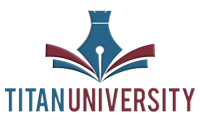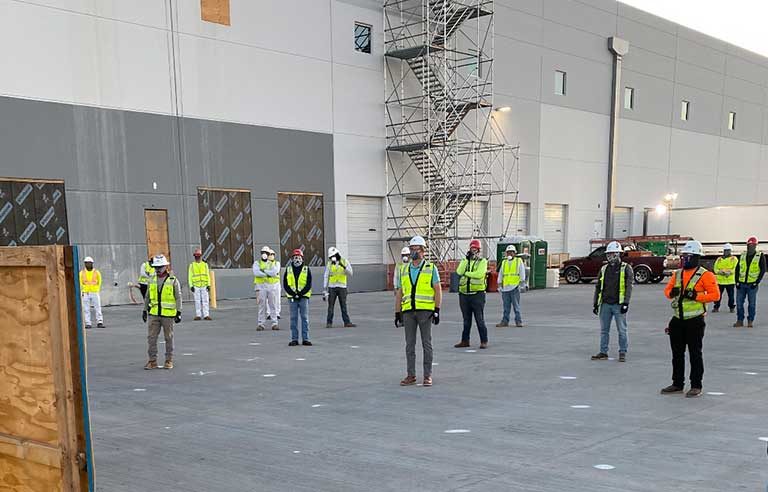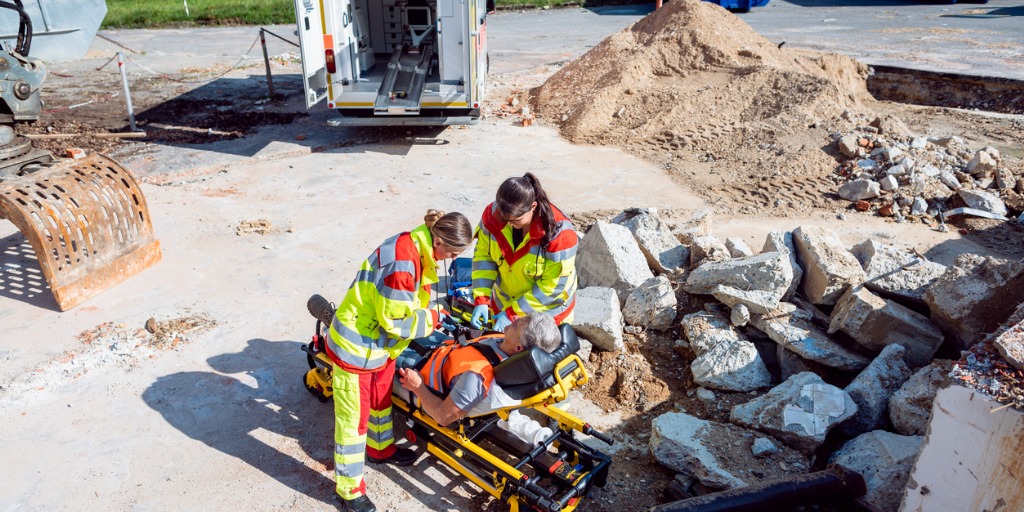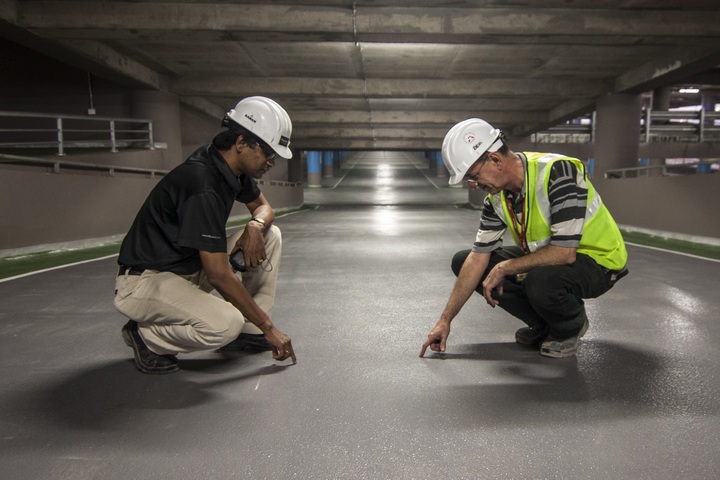The Growing Significance of Construction Management Certification

The construction industry has been ever-expanding and growing rapidly since things have returned to normal after the Covid-19 pandemic. Whether a private or government contract, the individuals responsible for ensuring that the construction projects are expertly managed, are none other than ‘Construction Managers.’
The standard aspects that the construction managers have to oversee in a particular project include the scheduling, costing, labor, equipment, and quality assurance. The entire construction process, from design to final finish, is filled with big and small tasks that only a professional can handle efficiently and effectively.
A CCM (Certified Construction Manager) is the individual who fulfills all the criteria and standards through an examination that is administered by CCMA (Construction Management Association of America). The certification is necessary to ensure that the individual has strong construction knowledge and is also aware of the various industry practices and standards.
In the construction industry, the CCM course is known as the ‘Gold Standard’ of credentials and covers numerous aspects of the construction project, such as
- Planning
- Designing
- Labor and Equipment
- Building codes
- OSHA safety standards
- Sustainability
Apart from the usual aspect, another essential factor of the CCM course is ‘making the project sustainable.’ For the last few decades, the one crucial point of discussion has been none other than climate change and depleting natural energy resources.
Why the Need of Sustainable Approach in Construction?
We are seeing unexpected and drastic impacts of weather changes all over the world, with the glaciers melting in the north to a significant rise in summer temperatures. Experts say that the construction sector itself is energy-intensive and leads to carbon and greenhouse emissions affecting the environment.
The emphasis for nearly all the construction firms these days is using sustainable practices to reduce environmental footprint. However, there is quite a challenge in implementing the sustainable approach.
One solution is the inclusion of a particular section of ‘Sustainable Practices’ that can lead to more energy-efficient construction and reduce operational costs. The purpose of the course is to ensure that the construction manager knows how to design and deliver a sustainable project. Some of the vital elements of the ‘Sustainability Practices’ section in the CMAA course are
- Energy Modeling
- Energy Efficiency
- Material use
- Type of sustainable materials
- Treatment and recycling programs
- Water Efficiency
The increasing impact of global warming has made it necessary for all stakeholders in the construction industry to look for sustainable methods and materials. The focus is energy efficiency, reduction in carbon emissions, preserving the natural wildlife, and disposal and utilization of waste. According to statistics, the construction processes contribute to almost 40% of carbon emissions and 36% of energy consumption.
The advancement in research and technology is giving way to sustainable materials such as wood, sustainable concrete, and alternative brick materials. With the increase in frequency and intensity of tropical storms, tornadoes, and even forest fires, a construction firm must implement sustainable methods. The approach of eco-friendly practices will further help firms tender for government construction contracts.
Titan University is one of the leading institutions when it comes to offering certification and training to individuals wanting to manage government construction projects. The online courses offered are designed and developed with the assistance of industry experts such as OSHA (Organizational Safety and Health Organization).
The CCM course includes LEED (Leadership in Energy and Environmental Design), ensuring that the particular construction course is environmentally friendly. Also, the project is given a rating based on the set considerations. Many individuals may not know, but ‘Sustainability’ is 26% of the entire CCM course. Without it, the construction manager may not be able to complete the project from start to finish.
Bottom Line
Construction managers need to have relevant knowledge and insight into the sustainability of a project. The CCM course will only help managers ensure that every aspect of design, building, time, cost, and quality is effectively managed. As described earlier, the CCM course is a benchmark in the construction industry and is the one course that is certified by ANSI (American National Standards Institute).
Titan University is playing its part in allowing aspiring individuals to enroll in the online course and get more familiar with the techniques and skills to effectively manage a construction project. You can easily make online profile and not only enroll in Sustainability Practices section but attempt other certification and training relevant to your expertise. It is easy to enroll and take the course at your own convenience. After completion, you can easily download the certification and add it to your work profile.






